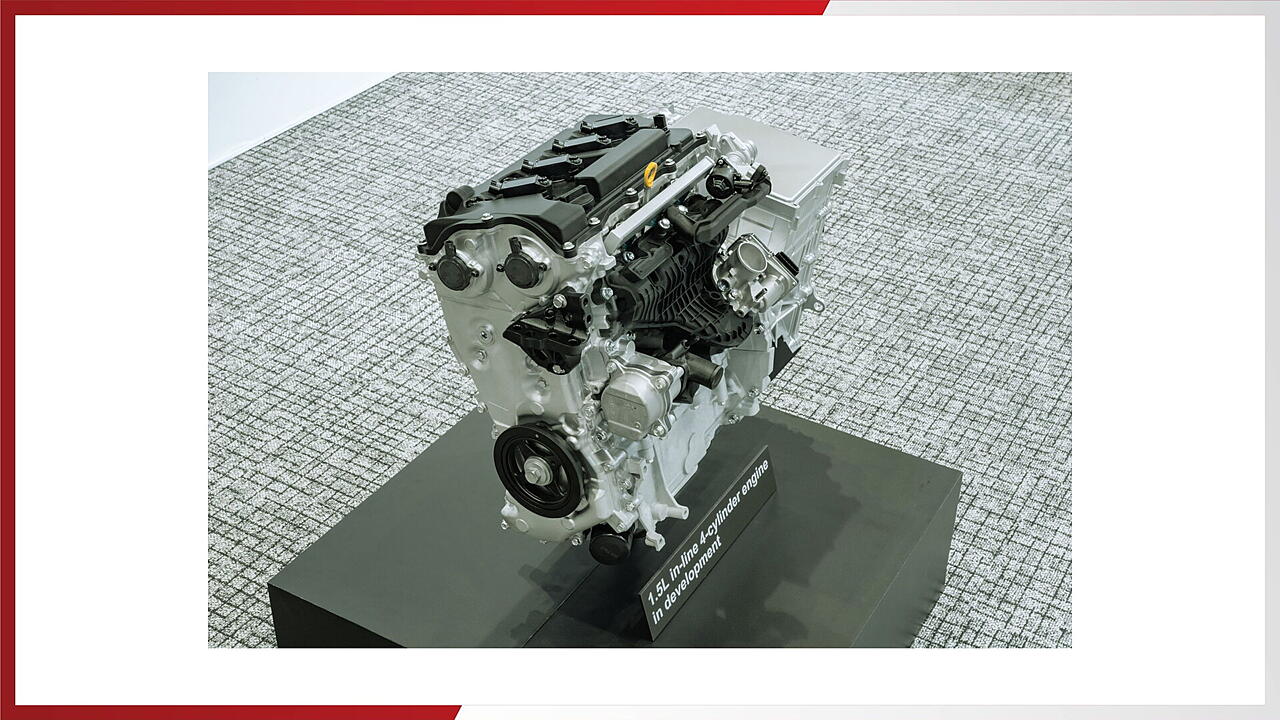
Toyota Motor Corporation, Subaru Corporation, and Mazda Motor Corporation have joined forces for developing new engines designed for electrification and carbon neutrality. This initiative has an objective to integrate these advanced engines with motors, batteries, and other electric drive units, marking a significant step toward achieving carbon-neutral transportation. The three automotive giants are focused on optimising the integration of their new engines with electric drive units to enhance performance and efficiency.
By making engines more compact, they aim to revolutionize vehicle design, improving aerodynamics and fuel efficiency while maintaining high performance. The fuel compatibility will help reduce the reliance on fossil fuels and support the broader adoption of alternative fuels, contributing to global carbon neutrality goals.

The CEOs of Subaru, Toyota, and Mazda have expressed their collective commitment to achieving carbon neutrality. Koji Sato, President and CEO of Toyota Motor Corporation, said 'The three companies, which share the same aspirations, will refine engine technologies through friendly competition”. Atsushi Osaki, President and CEO of Subaru Corporation, added 'As we continue to refine electrification technology, we will also enhance our horizontally-opposed engines with an aim to use carbon-neutral fuels in the future,' he said.
Masahiro Moro, President and CEO of Mazda Motor Corporation, making a case for rotary engines mentioned, 'Given the rotary engine's compatibility with electrification and carbon-neutral fuels, Mazda will continue to develop the technology through co-creation and competition to ensure it can contribute broadly to society'. By focusing on innovative engine designs and multi-pathway strategies, the companies aim to offer diverse options for achieving carbon neutrality. This includes the development of engines that can adapt to changing energy environments and stringent emissions regulations.
Also Read
Daimler, Toyota, MFTBC, Hino Update On Carbon-Neutral Commercial Vehicles